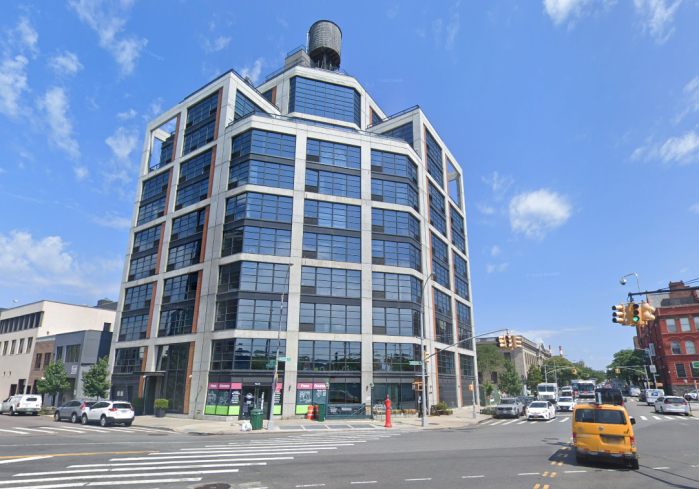BY HAILIE KIM
At a land use meeting for Queens Community Board 2 on May 20, YourLIC — a development team consisting of TF Cornerstone, Plaxall, Simon Baron Development and MAG Partners — revealed a large-scale plan to develop the area surrounding Anable Basin in Long Island City.
YourLIC’s website posits the planning process as being “inclusive” and “equitable,” but lacks input from community members who would be directly affected. At this early stage, the planners have conducted four workshops about the development, each attended by fewer than 200 community members. In other words there have been less than 800 people present for meetings that could affect not only the residents of Long Island City, but its surrounding neighborhoods which are made up of approximately 300,000 people.
Due to the coronavirus, a fifth upcoming workshop on Density and Uses has been postponed.
As it stands, the plan would develop 10-12 million square feet of land and increase population density in the area, heralding a higher cost of living. At a time when unemployment rates have, as of April 2020, increased to 14.5 percent in the state due to the current global pandemic—the impact of which is exacerbated by density — YourLIC’s proposition does not evoke genuine concern with equity.
The development firms involved in the project defend it as an opportunity for Queens to develop an economic engine to help weather the financial storms brought on by COVID-19. Their proposed contribution to the local economy is to reserve half of the 10-12 million square feet of land for commercial use.
But our small businesses were already struggling to pay steep commercial rent prices in the area before the pandemic, and many will not outlast it. To propose more of the same extractive commercial properties in an economically ravaged community is tone deaf, and ignores the reality of what it means to live and work in Western Queens. Rather than a solution, this plan is part of the root problem.
In a full report on their economic development plan, YourLIC describes their prioritization of small businesses, such as their commitment to providing businesses owners with assistance acquiring licenses and helping them develop a customer base. However, they fail to mention how they will help lower the outsized and steadily growing cost of renting a property in Western Queens for commercial use.
As a community member and someone whose father struggled for years to keep up with the increasing rents of his small business in Queens and now, because of the coronavirus, has been forced to permanently close his doors, I find the omission of affordable commercial rents insulting. YourLIC has framed this development, which would earn them a yet unspecified amount of money, as an equitable venture in an already-economically devastated community.
In light of how hard COVID-19 has hit areas in New York City where social distancing is most difficult, it is alarming to hear the developers stated in the community board meeting that they “think density makes New York City great and we remain committed to that.”
While, as an op-ed in The Daily News states, density isn’t the sole factor in how affected a neighborhood is by COVID-19, it certainly does not help prevent the spread of a virus that is transmitted through respiratory droplets. The reality of the virus and the current need for open streets throughout Queens to facilitate social distancing serves as proof that we need to be cautious of increasing density, not encouraging it.
What YourLIC understands, as do many other developer-led plans, are what some of Long Island City’s needs are. One of the most obvious ways the developers showed this in their plan was their discussion of self-mitigating pipes to clean the rainwater was an interesting concession to the Long Island City Coalition’s discussions on the matter of the sewage system in Long Island City. As noted in a New York Times article on the issue, heavy rains result in overflows of the sewers, resulting in restrictions on recreational water use in Long Island City. Self mitigating pipes would, certainly, provide a solution to this problem, but it does not detract from the many other harmful aspects of planning to develop the area.
YourLIC is also correct that we do need more schools and more recreational spaces, we do need to update our infrastructure to make it more sustainable. However, instead of capitalizing on this crisis to develop more, we need to think of ways to support our already existing small businesses and ensure their resilience in the months and years to come.
In the meantime, we need to re-prioritize what we allow to be built in our community, and halt any zoning meetings until we better understand the long-term economic impact of the coronavirus. When we do begin to approve rezonings again, we must prioritize sustainable, community-oriented projects that benefit our neighborhoods in the long run.
Hailie Kim is an adjunct professor in the English department at Hunter College. She is running for City Council in district 26 to represent Sunnyside, Woodside, Long Island City and parts of Astoria.


































